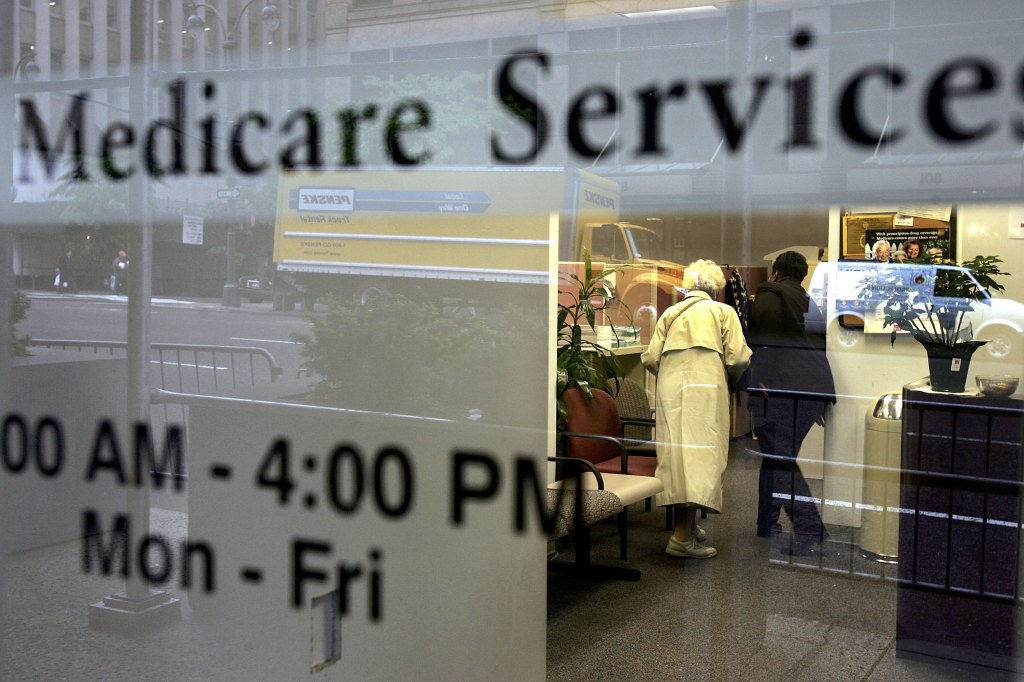The Department of Justice (DOJ) has sued three of the largest Medicare Advantage insurers and three dominant insurance brokerages, alleging a scheme in which the health insurers bribed the brokers to steer disabled adults into their policies.
The lawsuit targets CVS Health’s Aetna, Elevance Health’s Anthem, and Humana, which together
Register for free to keep reading
To continue reading this article and unlock full access to GRIP, register now. You’ll enjoy free access to all content until our subscription service launches in early 2026.
- Unlimited access to industry insights
- Stay on top of key rules and regulatory changes with our Rules Navigator
- Ad-free experience with no distractions
- Regular podcasts from trusted external experts
- Fresh compliance and regulatory content every day













